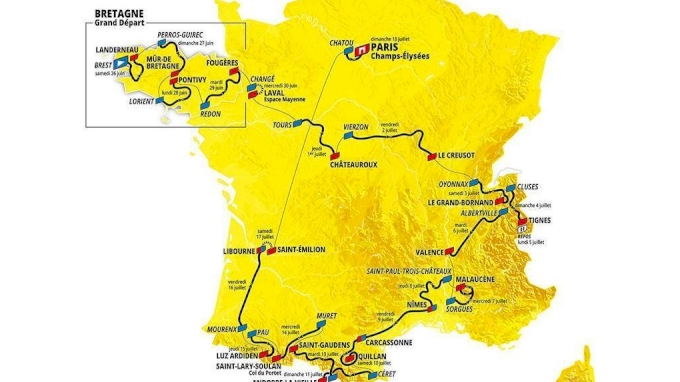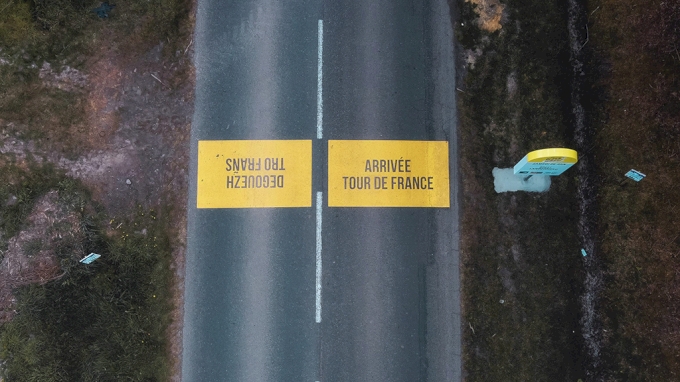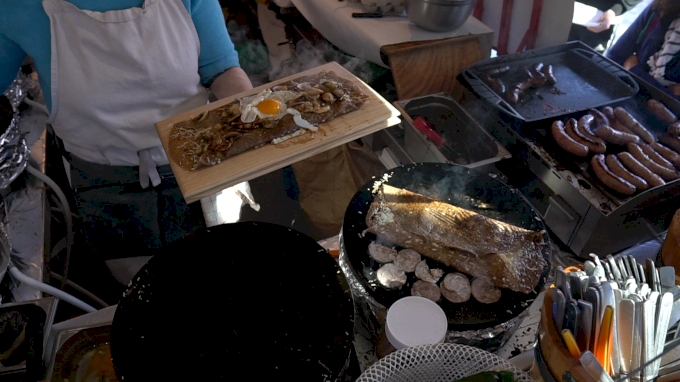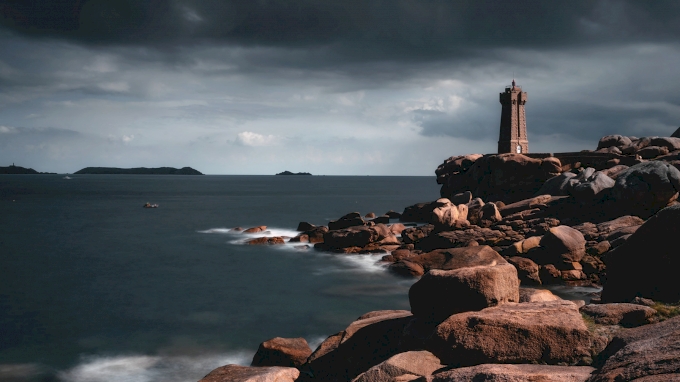Why The Tour de France Loves A Brittany Grand Depart
Why The Tour de France Loves A Brittany Grand Depart
The 2021 Tour de France will begin as far away from the mountains as possible but promises exciting battles already from day one when it departs in Brest.

- Auto
- 1080
- 720
- 480
- 360
- 136
The 2021 Tour de France will begin as far away from the mountains as possible but promises exciting battles already from day one when it departs in Brest.
Join Pro to watch the 2021 Tour de France live and on-demand in Canada.
The race begins with four stages, starting June 26, in France's northwest region of Brittany. It will be a record, Brest now tops Paris with the most starts of the Tour with four adding to the 1952, 1974, and 2008 editions.

The Rugged Landscape Has Produced Many Tour de France Champions
France's Brittany region juts into the Atlantic Ocean and is the furthest point in continental France from the Alps and Pyrenees which will come later in the race. It’s a rugged coastal area known for its wind, cycling and cider.
Bernhard Hinault is the most famous cyclist from Brittany, holding the record for five wins overall with Jacques Anquetil, Eddy Merckx, and Miguel Indurain. He is France's most recent winner, with a victory that came over 40 years ago, in 1985.
Brittany is also home to three-time Tour de France winner Louison Bobet as well as Jean Robic, who won in 1947, the first edition after World War II.
The Britons this summer will cheer for all the cyclists but louder for its home teams Arkéa-Samsic and B&B Hotels p/b KTM and local riders Warren Barguil (Arkéa-Samsic) and David Gaudu (Groupama-FDJ).

Hilly, Windswept Stages
The four stages in the region include a hilly stage one that ends with a three-kilometer climb and will also be the setting for this year's La Course.
Stage two features a finish on the iconic Mûr-de-Bretagne, a climb that is a fixture of the region, which was last used in the Tour de France in 2018. On that occasion, Daniel Martin (Israel Start-Up Nation) attacked the at the base of the climb to earn a solo victory.
The final two stages in Brittany are, on paper, flat sprint stages. However, as the stages travel west to east, zig-zagging their way north and south over the region the risk of crosswinds will be ever-present.
In the many villages along the way, cider will flow. This is France's second biggest producing region for the drink that goes so well with their crepes or savory galettes.

Brittany Success Has Led To Overall Victory
After four days, the race will continue outside of Brittany in Laval for stage five's time trial, the first of two long time trials in the race. But the differences could already be made in the rugged coastal region.
You may want to consider the history here. The organizer ASO brought the race to Brest in 1952 to help the area after World War II. The city had been flatted by aerial bombing and the cyclists noted the destruction. Fausto Coppi would go on to win the race overall in the race, which was televised for the first time.
In 1974, Eddy Merckx won the opening prologue in Brest and the final general classification three weeks later.
In 2008, the year Carlos Sastre won the overall, Chris Froome debuted in the Tour de France, a Kenyan riding for team Barloworld. This year, Froome will start in Brest with team Israel Start-up Nation to race for a fifth Tour title. Tadej Pogacar (UAE Team Emirates) will be racing from Brittany to defend his 2020 title.

